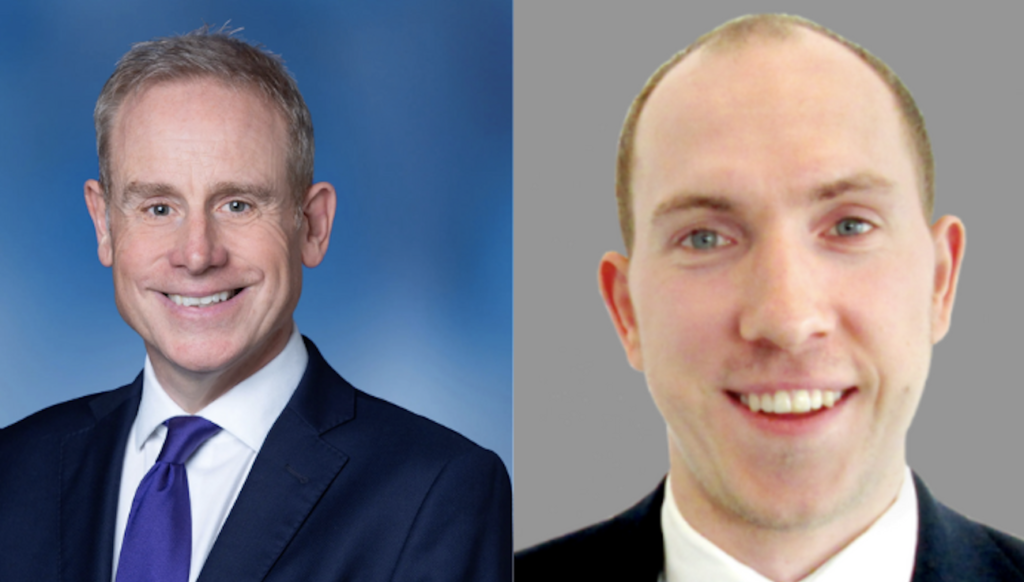Franklin Templeton’s head of retirement Lee Hollingworth says asset managers are now offering a wider range of Shariah investment products, with Standard Life’s head of investment proposition Callum Stewart, they explain how this should encourage more Muslim employees to save into DC workplace schemes.
What faith-based fund options are available to Muslim members of DC workplace schemes?
LH: Most DC schemes now offer access to Shariah-compliant investment funds on a self-select basis. These are typically equity funds meeting Islamic finance principles, meaning they avoid interest-bearing assets and do not invest in shares of companies involved in alcohol, gambling or other activities prohibited under Shariah law.
But participation remains relatively low. According to ONS data, around 6.5% of the UK population identifies as Muslim, yet a smaller percentage of DC scheme members invest in Shariah-compliant funds.
There are several reasons for this: not all Muslims may require or want a strict Shariah-based investment fund, and poor communication from employers could mean some are unaware of these options. But there is also the issue that a 100% equity strategy won’t suit more risk-averse Muslims, particularly those approaching retirement.
Recognising this, Franklin Templeton now offers a fund investing in Sukuks — Shariah-compliant debt securities. This offers a lower-risk option when compared to an equity-only approach.
How can these help with life-styling and default strategies?
CS: Currently, we make Shariah equity, Sukuk and Multi Asset funds available for people as self-select options, meaning members must choose how their money is invested, and when to move towards lower-risk Sukuk options. In contrast, these decisions are made for most DC members though managed default glidepaths.
At Standard Life, we can now start to utilise these specialist Sukuk funds to offer similar options for Muslim members. We are working with asset managers like Franklin Templeton to create life-styling strategies. This ensures a smoother process for savers who might not be familiar with managing risk in their pensions.
This will require cooperation from employers, to ensure employees know that this is one of the pathways available. Eventually, we expect this could become the main default option for companies with a high proportion of Muslim employees.
How have Shariah-compliant investments performed?
LH: Over the last decade, Shariah equity funds have delivered strong returns. However, they have also experienced higher levels of volatility. Sukuk funds have a low correlation with Shariah equity funds, providing effective diversification. Modelling suggests that a portfolio of 60% Shariah equity and 40% Sukuk funds could reduce overall risk by about 50%, while still delivering around 70% of equity market returns. This offers Muslims a more balanced approach to risk and return.
Why is this important from a diversity and inclusion perspective?
CS: Tailored investment solutions are crucial for securing the long-term financial well-being of all members, including those of Islamic faith. Census data shows that only 45% of Muslims live in owner-occupied households, compared to 63% of the general population. This suggests that Muslims might face additional financial pressures in retirement, making it even more important to ensure their pension investments are working for them.
Not all Muslim employees are currently saving into workplace pensions, which may be due to more complex cultural or economic factors. In the past, one of these barriers may have been a lack of suitable investment options. We are working to ensure that this is no longer the case in future — with Muslim employees already able to access a range of Shariah-compliant investments from Standard Life that align with their values.
How does governance work on these funds?
LH: All our Shariah-compliant funds must be independently verified by a board of Islamic scholars, who ensure that the investment objectives and strategy adhere to Shariah law and provide ongoing monitoring of portfolio holdings.
We also screen for over a 150 Shariah standards to produce a Shariah Compliance Score for each Sukuk that is standardised and transparent. Many Sukuk funds finance projects in Islamic countries, adding an ethical dimension to these investments that may appeal to Muslim savers who value the societal impact of their portfolios.
